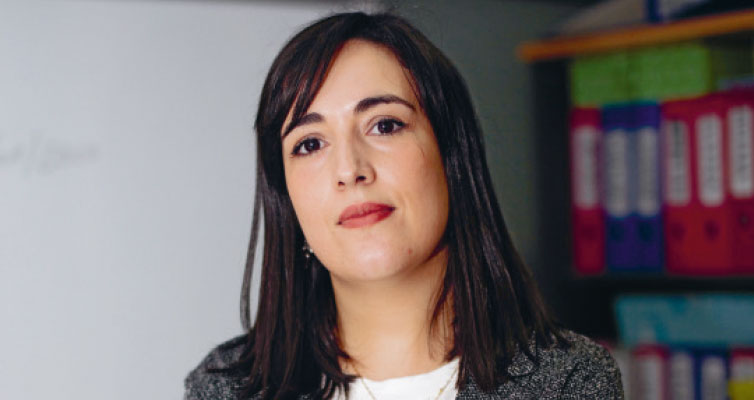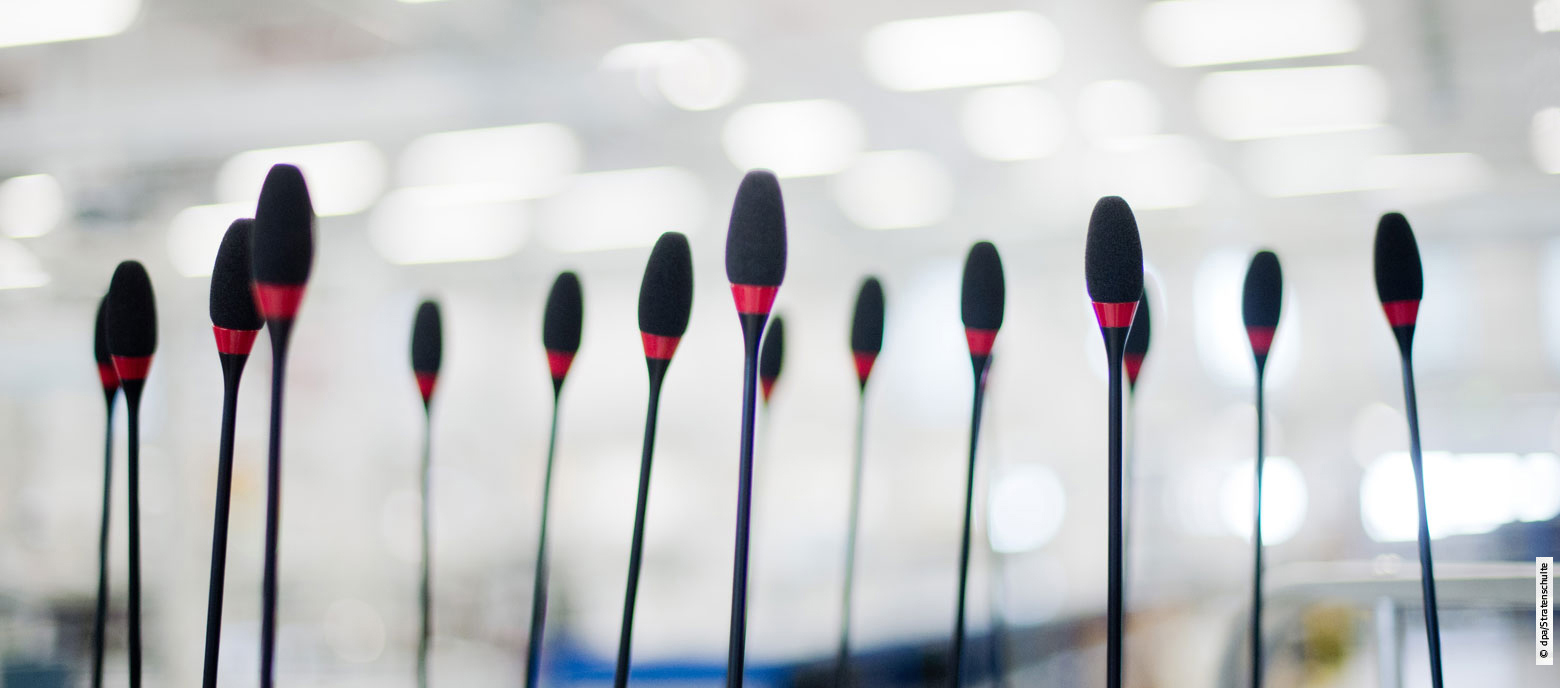‘Balance between income and protecting resources’

Why did the Algerian Government choose to work with GIZ as its partner in the Environmental Governance and Biodiversity project?
Algeria has a national biodiversity strategy, which focuses among other things on value chains and enhancing the value of resources. This has the effect of involving the local population and can help preserve biodiversity in the protected areas. If we raise people’s awareness and make plain to them the benefits of protecting the environment and conserving nature, that contributes towards the achievement of our goals. We have carried out successful work on protected herbs in this project.
How, exactly, are the women’s activities incorporated into management of the national parks?
The parks play a part in generating income for their residents. At the same time, we must protect the resources, and thanks to the project we have found a balance between the two. Training and awareness-raising measures have helped the women learn how to take care of wild pistachio as a resource, for example, and manage it sustainably. At the Ministry, we drew up a usage plan to be used as a basis for allocating the women plots of land for harvesting the plants. The rural women are always involved in all the planning.
Can this be used as a model for nature conservation and sustainable management?
Definitely. We have already organised workshops in other districts to pass on the lessons that have been learned. However, studies of the resource situation like those we had in the north-eastern regions of El Kala and the Edough Massif have not been carried out everywhere. We are working on these now in the follow-on project, Protection of the Environment and Biodiversity in Algeria’s Coastal Regions, or PEBLA for short. It is very much based on experience gained in GENBI, in other words how to strike a balance between income and protecting resources – in this case fisheries.
akzente 2/21
